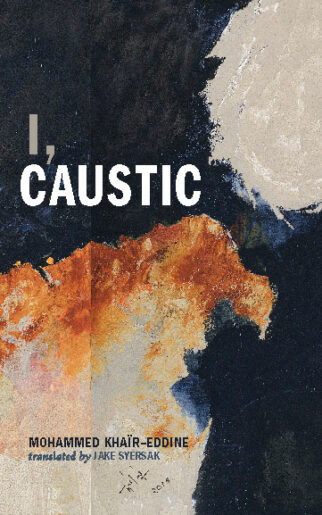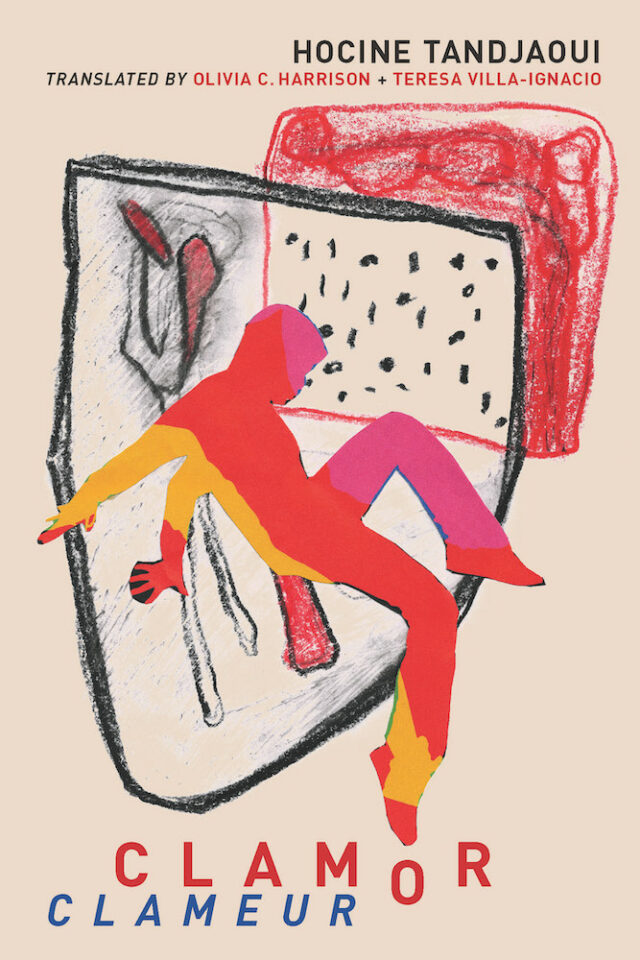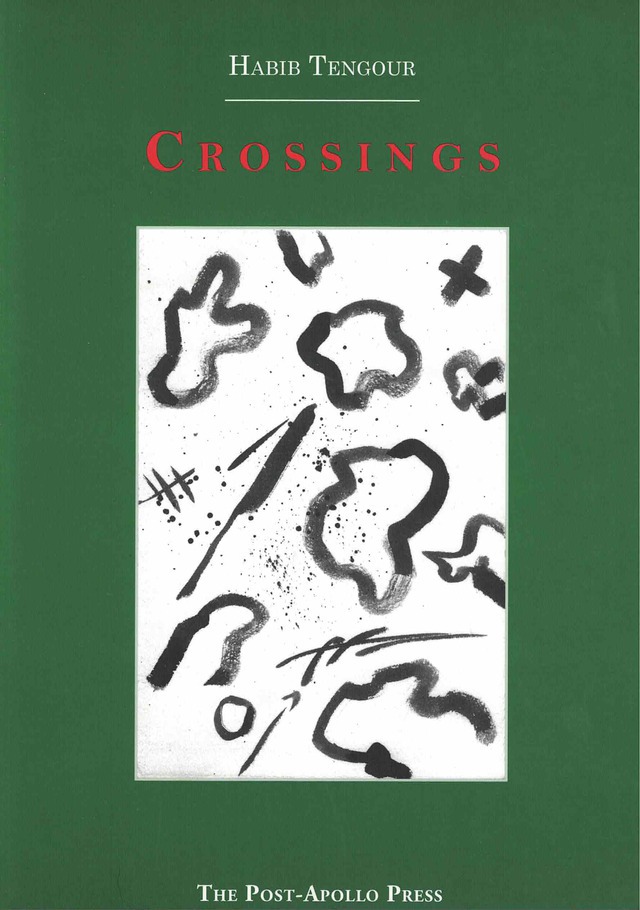I, Caustic is the first English-language translation of Amazigh Moroccan author Mohammed Khaïr-Eddine’s Moi, l’aigre (Éditions du Seuil, 1970). Once hailed as the “Rimbaud of the Maghreb,” Khaïr-Eddine is widely considered a titan of avant-garde literature, and his writing has garnered comparisons to other celebrated Francophone writers such as Antonin Artaud, Samuel Beckett, and Aimé Césaire. I, Caustic is Khaïr-Eddine’s wildly irreverent and vitriolic condemnation of colonization and political repression—composed in a vertiginous, polyvocal collage of fiction, memoir, poetry, political and literary manifesto, drama, historical narrative, and reportage. I, Caustic speaks directly to the conditions of the Moroccan “Years of Lead,” and also to our own political moment, with a relevance rendered immediate through Syersak’s skillful translation. This book is a poetic call to arms against all forms of authoritarianism—written, spoken, or otherwise.
Mohammed Khaïr-Eddine
Jake Syersak
Praise for I, Caustic
With its undulating body, I, Caustic reproduces the two-pronged movement that testifies to the continuing relevance of Khaïr-Eddine’s writing: destruction and reconstruction, annihilation and regeneration, death and revival.
—Khalid Lyamlahy, from the Postface
Khaïr-Eddine’s corroded lyric I spews the detritus of autocratic narcissism in this absurdist take-down of its patriarchs: the king and his advisors, military and police officers, husbands, fathers, older brothers. In the wake of the Moroccan student and worker uprising of March 23, 1965, which emboldened both government repression and popular movements for democracy, the characters ponder the irony of revolution when everyone has co-opted its rhetoric and wonder whether the so-called dregs of society – sex-workers, abandoned children, unemployed laborers – can rise up to prevent a nuclear Arab apocalypse. Yet from the King’s privy in Rabat to a coastal town in southern Morocco, humanity’s inhumanity is just one force of nature among so many others: what’s the point of all this trouble when you’ll end up a maggot-eaten corpse? Syersak’s energizing translation delivers into English all the poet’s acerbic humor and idiomatic exuberance. You’ll laugh so hard your inner hyena will come out. Is your blood boiling yet?
— Teresa Villa-Ignacio
Khaïr-Eddine’s excoriating satire of independent Morocco, written in the first decade of Hassan II’s rule, from the remove of voluntary exile in France, performs a devastating critique of the violence of the ruling class, the incompetence of government, the hypocrisy of organized religion, and the stubborn presence of police brutality, even as it fashions radically new modes of literary and poetic expression. Sometimes crude, even grotesque, often brilliantly seductive, irreligious, and funny, Jake Syersak’s bold translation into English breathes new life into this important and too-long neglected work of modern Moroccan literature.
— Thomas C. Connolly, Department of French, Yale University




